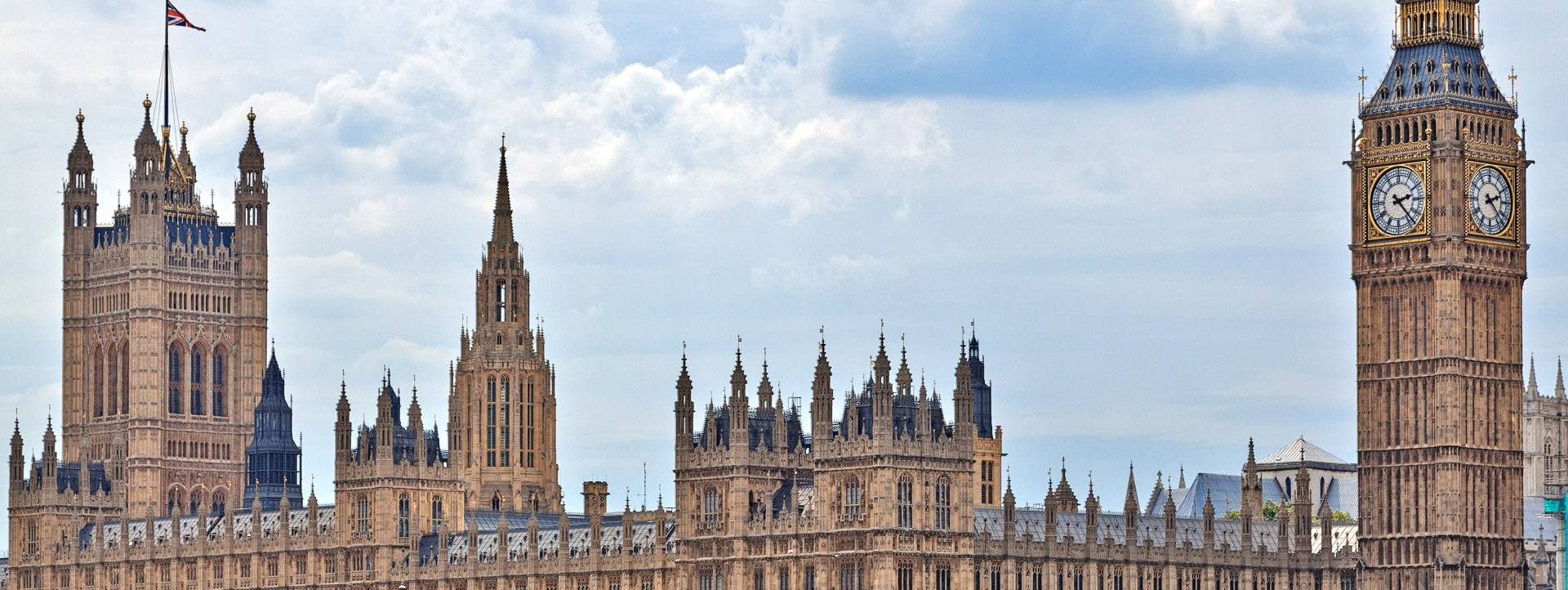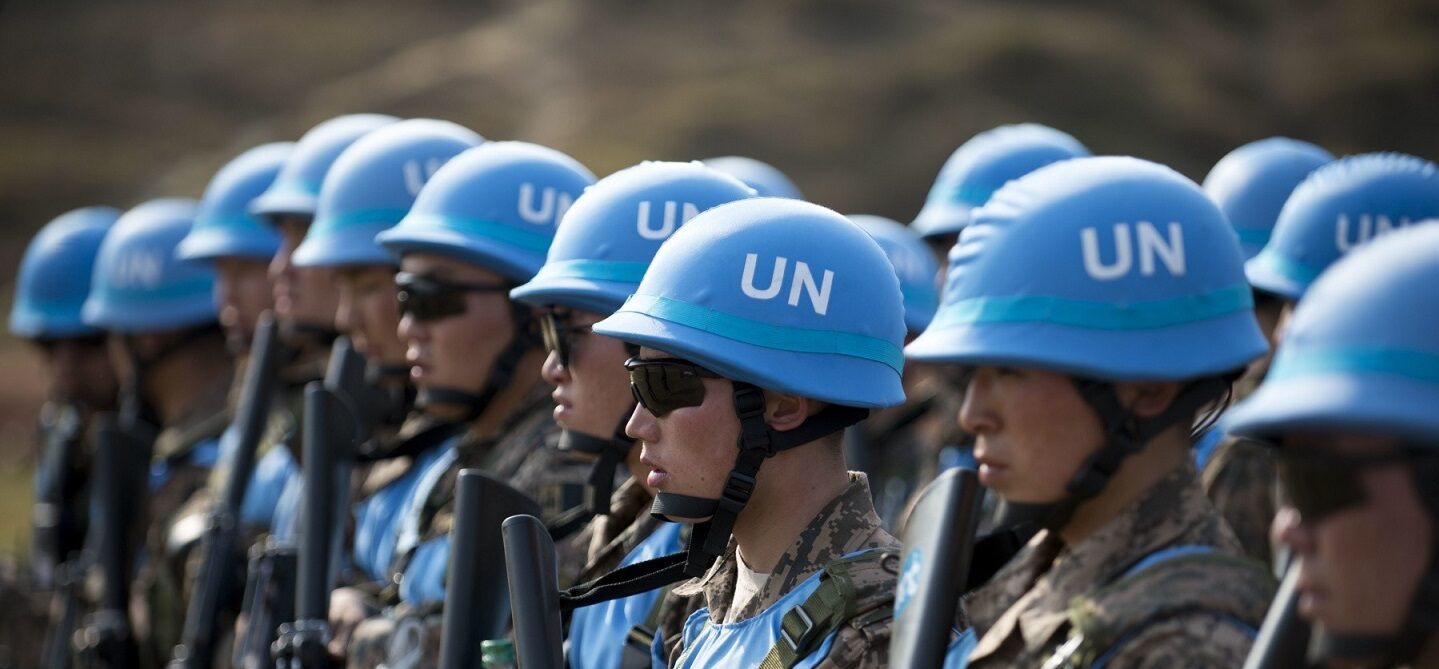Comparative politics is the study of politics predominantly within countries. At Penn State, we emphasis the areas of democratization and development, social movements, institutions and behavior in democracies and dictatorships, government formation, political parties, corruption, political representation, and comparative political economy—especially development. The faculty combine formal, qualitative, and quantitative methods in their research and training of graduate students. Penn State’s comparative faculty have regional interests in Europe, Asia, Africa, and Latin America. In addition, the field benefits from dual degree Ph.D. programs in African Studies and Asian Studies.
Faculty Research
The motives and decisions of political actors, and their consequences
- Are parties strategic in their use of emotion during election campaigns? [Matt Golder]
- How do opposition parties in democracies use language to change the political game and get into power? (And how do governing parties use language to stop them?) [Burt Monroe]
- How do dictators seize power? [Joseph Wright]
- What factors influence which governments form, and with what consequences? [Sona Golder]
- How does political experience shape the attitudes of political elites and parties towards political institutions? [Vineeta Yadav]
- Factors that strengthen or weaken democratic practices and norms
- What factors explain differences in corruption across and within countries? [Vineeta Yadav]
- What factors influence the quality of political representation? [Matt Golder]
- How does religion affect support for democratic values and institutions? [Vineeta Yadav]
- How do Western governments destabilize dictatorships? [Joseph Wright]
- How do electoral institutions affect descriptive representation with respect to gender and ethnicity? [Sona Golder]
Comparative political behavior: public opinion, voting, participation and social movements
- Can citizens make informed and enlightened decisions when under severe economic or political duress? [Elizabeth Carlson]
- Which kinds of redistributive processes enjoy the most support in African public opinion – and why? [Elizabeth Carlson]


